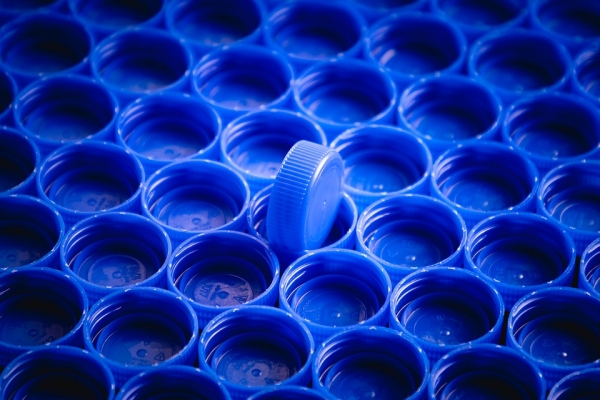A new study shows what it will take for the plastics industry to become completely sustainable: lots of recycling combined with the use of CO2 from the air and biomass. It is also the image of plastics that need to change.
Plastic is everywhere. Our society cannot do without it: plastics have numerous advantages, are extremely versatile, and are also cost effective. Today, plastics are mainly produced from crude oil. When the products reach the end of their life, they often end up in a waste incineration plant. The energy-intensive production of plastics and their incineration release large amounts of CO2 into the atmosphere, making plastic products a major contributor to climate change.
One way out would be to rely on sustainable production methods, such as the circular economy, in which as much plastic as possible is recycled. Then the main raw material for plastic products would no longer be crude oil but shredded plastic waste. But is it even possible to tweak the plastics economy to absolute sustainability? Yes, it is, shows a new study led by André Bardow, Professor of Energy and Process Systems Engineering at ETH Zurich. Gonzalo Guillén Gosálbez, Professor of Chemical Systems Engineering at ETH Zurich, and researchers from RWTH Aachen University and the University of California, Santa Barbara collaborated on the study.
Read more at ETH Zurich
Photo Credit: sadeghshafiee91 via Pixabay


